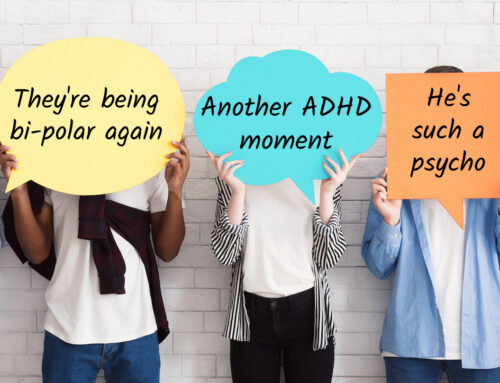I remember attending the screening of Race to Nowhere by Vicki Abeles many years ago and seeing on screen what I was seeing in my office every day: students stressed out about grades, homework, AP classes, SAT’s, and college admissions, and competing with each other and themselves to achieve at the highest levels. The film captured the pressure students face in schools across the nation, in affluent, middle class and lower income communities. We know this is not a problem that exists solely in affluent communities, although research is showing an increased vulnerability in this population of children.
In a recent Washington Post article, Yanan Wang wrote about the issue of financial abundance and the very real concurrent vulnerability to serious mental health issues in children, most often a function of the tremendous pressure they are under to succeed. Citing Dr. Suniya Luthar’s book “The Problem with Rich Kids,” Wang reported that children of wealthy families, on average, experience serious levels of depression and anxiety at twice the national rates. As Luthar wrote, “’The evidence all points to one cause underlying the different disturbances documented: pressure for high-octane achievement . . . The children of affluent parents expect to excel at school and in multiple extracurriculars and also in their social lives. … It plays out in crippling anxiety and depression, about anticipated or perceived achievement ‘failures.’”
Wang went on to report that, due to the high incidence of mental illness and suicide rates in some affluent communities, the CDC conducted investigations into the “chronic health issue.” One such investigation occurred in November 2014 in Fairfax, VA. The CDC “found ’multiple risk factors,’ including high expectations for students, parental pressure on students for success and parental denial of mental health issues among their children.”
While many parents do not directly exert this influence, children in these areas may experience the extreme pressure through their school environment, peer group, and/or the community at large. Given the pervasive nature of these pressures and expectations, it is especially important for parents to be cognizant of both the subtle and overt messages they’re sending to their children, and to be alert to their children’s moods and behavior. Untreated psychiatric issues can have life altering consequences.
We as parents can play a powerful role. Let your kids know they are more than their grades, emphasize their effort and curiosity rather than the outcome, and remind them that there are over 3000 colleges out there and you will help them find the one that is best for them. Most of all, let them know that they have many roles in life, of which student is only one; they are sons/daughters, brothers/sisters, friends, dancers, artists, actors, musicians, athletes, etc. Our acceptance and encouragement is the key to tempering both the external pressures they face, and the sometimes overwhelming internal pressure they put on themselves.





